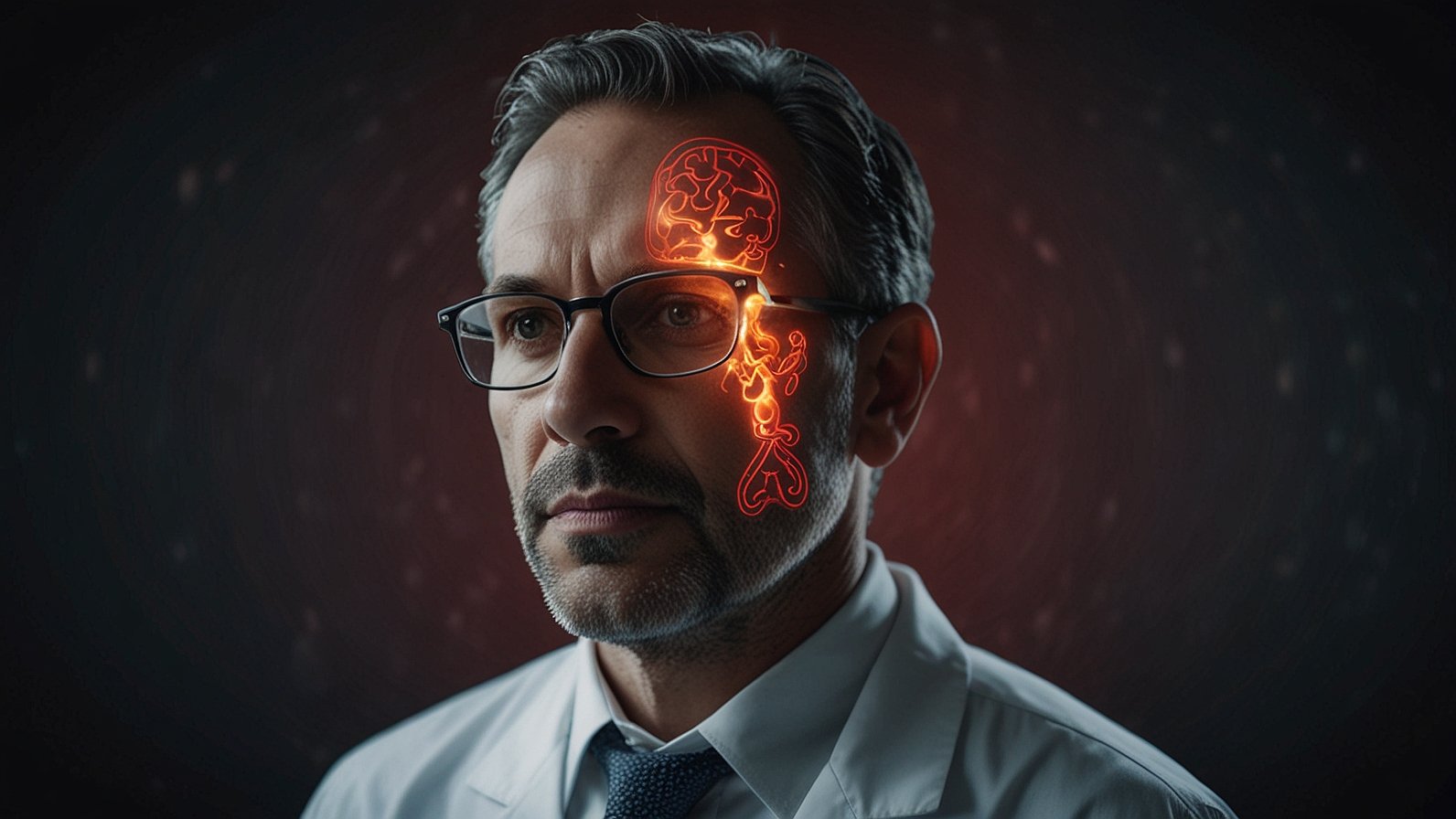Growing older is a journey that comes with its fair share of surprises. Some are positive, like wisdom, perspective, and an understanding of life itself. Others? Not so much. The fatigue that your morning coffee no longer fixes, your gym gains withering away no matter how you train, and brain fog becomes an everyday occurrence.
While it is easy to brush these things off as an inevitability, you can age more gracefully with a bit of effort towards the right thing – your testosterone levels. So with that in mind, let’s dig into the science of this hormone and how increasing your T-levels may potentially change your life for the better.
What is the role of testosterone in our body?
Testosterone is a remarkably versatile hormone with a ton of uses. In your body, testosterone helps maintain muscle mass and bone density, regulates fat distribution, and supports red blood cell production. Not only that, but it plays a crucial role in your mood and energy levels too. Outside these physical functions, this hormone also affects our mood, memory, and concentration. Let’s not forget how it’s also super important for maintaining our sexual function, libido, and energy levels.
How does testosterone decline affect us?
Once you hit the age of 30, your testosterone levels begin to decrease by 1-2% every year. Though not a massive amount by any means, its impact varies hugely from person to person. Some guys barely notice it, while others feel the impact more significantly.
As for how this decline manifests itself, most men tend to notice the physical changes first. When T-levels fall, it becomes harder to build or maintain muscles, with the stubborn weight around our middle becoming more persistent than ever. Then, our energy levels often take a hit too, with constant fatigue that refuses to go away even with good sleep and caffeine.
On the mental and emotional side, many men tend to experience reduced motivation, brain fog, memory hiccups, and mood swings more often. Some even report feeling more irritable than usual. Interestingly enough, there are also reports of cognitive issues like less mental sharpness, difficulty focusing on complex tasks, or a sense of not being as quick as they used to be.
When it comes to sexual health, it’s the things we hear the most on the internet – reduced libido, erectile difficulties, and decreased satisfaction. Though these issues are influenced by many factors beyond the hormone, low testosterone levels are still the primary culprit here.
When should you seek testosterone replacement therapy?
From a purely medical standpoint, testosterone replacement therapy (TRT) is usually prescribed in situations where people have low testosterone levels with significant decline-related symptoms.
But there’s another increasingly common scenario: health-focused individuals who are looking to age better are also seeking TRT. Yes, it is natural for testosterone levels to fall with age. But if the symptoms are getting in the way of you living your best life, then TRT could be a blessing in disguise. With it, men are choosing to optimise their hormone levels and maintain their quality of life as they get older.
That said, if you’re interested in TRT as a way of ageing better, it is imperative that you get clearance from a specialist or your GP first. They can best assess whether undergoing this treatment is safe and appropriate for your situation, run the necessary tests, and rule out the possibility of contraindication.
What does testosterone replacement therapy actually involve?
A TRT therapy in London or anywhere else in the UK will usually involve supplementing your body’s natural testosterone production through various methods – from injections, gels, patches, to pellets inserted under the skin.
This therapy requires ongoing monitoring, where you’ll go through multiple blood tests to not only track your testosterone levels, but also other markers like red blood cell count and prostate health. Not to mention that the dosage requires constant adjustment and fine-tuning depending on your response to the treatment.
The goal here is to keep going until your testosterone levels are restored to a healthy range. This typically means bringing testosterone levels to where they naturally would have been in younger years, supporting your bodily functions and removing the negative effects of low T-levels.
The importance of proper medical guidance
When it comes to treatment programs like TRT, working with a qualified doctor-led clinic is an absolute must. The right clinic will start with comprehensive testing to confirm whether testosterone therapy is suitable for you. As mentioned before, many low testosterone-related symptoms tend to overlap with other conditions that may need different approaches entirely. Not to mention, conditions like prostate cancer, sleep apnea, and heart failure will mean that the treatment is simply a no-go.
When going to these clinics, another thing that you need to look out for are safeguards. Reputable clinics always have established protocols for monitoring and managing any side effects that may arise during treatment. Whether it’s tweaking your dose or managing changes in red blood cell count, an experienced practitioner will always have a precise answer on how to handle it.
As for what to avoid, stay away from all unauthorised providers or lifestyle clinics that may be jumping on the TRT train without proper medical qualifications. Not only are these places not allowed to provide hormone therapy, but they also lack the infrastructure to properly monitor treatment or handle complications should they occur. To put it in simpler words: It’s just not worth the risk.
Moving forward with confidence
So here’s the bottom line: if you’re dealing with persistent symptoms that sound like the ones discussed here, you know what your next move should be. Book an appointment with a qualified professional for an honest conversation about your issues and health goals. Just remember that the best way to approach this therapy is by getting proper testing, working with medical professionals who know their stuff, and having realistic expectations about what treatment can achieve.
In the end, the difference between just getting older and ageing well often comes down to making informed choices about your health. Now, you too have the information to take control of your life. So if you’re ready, take the first step today to change your life for the better.
You May Also Read: How Psychiatry Bridges Mental Health and Recovery










